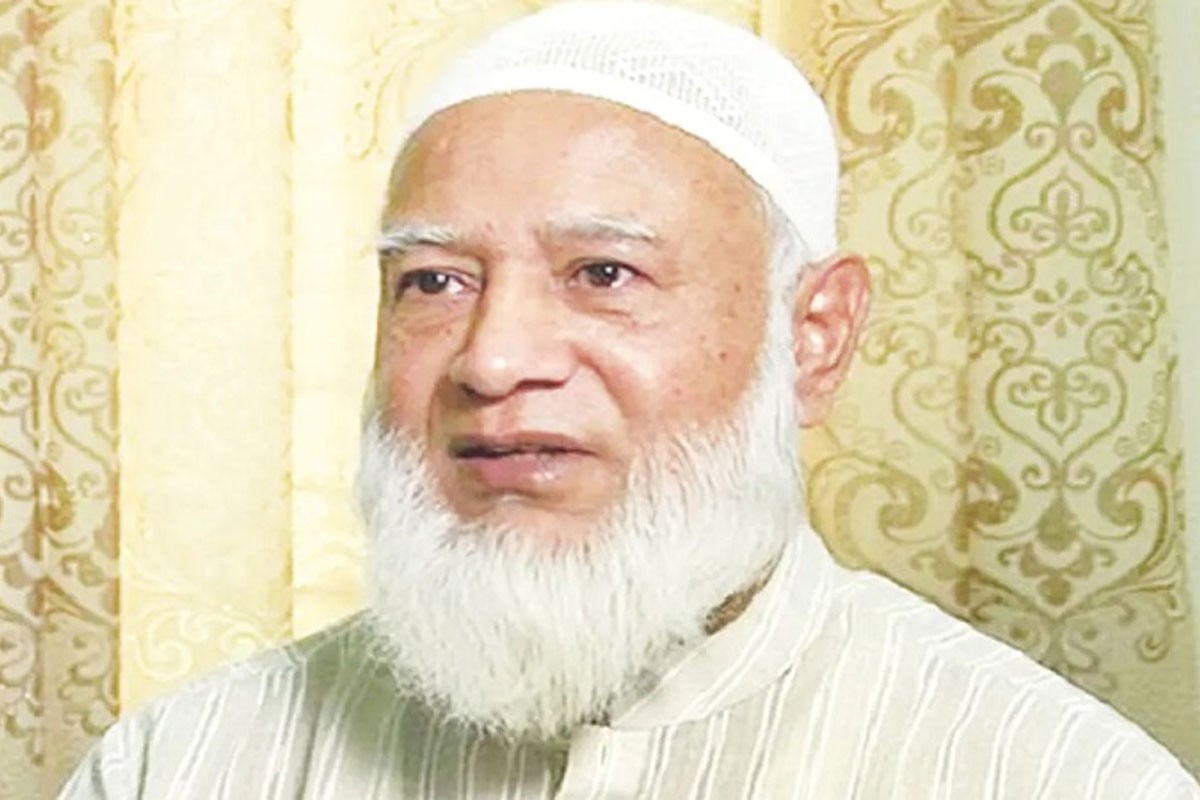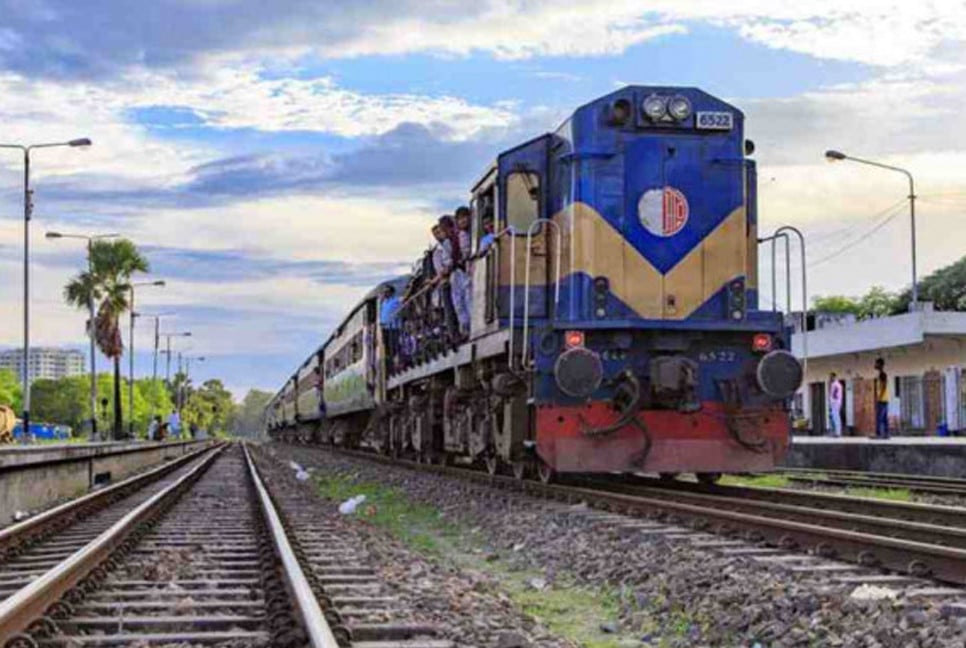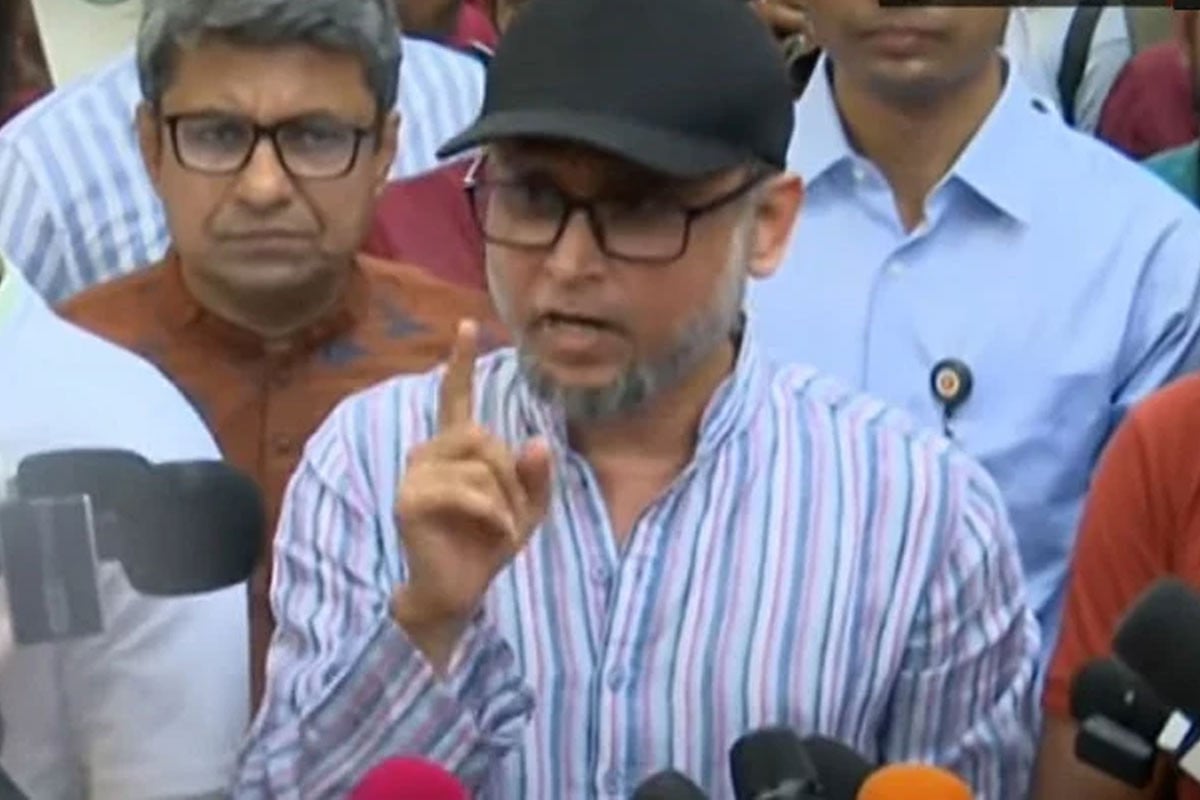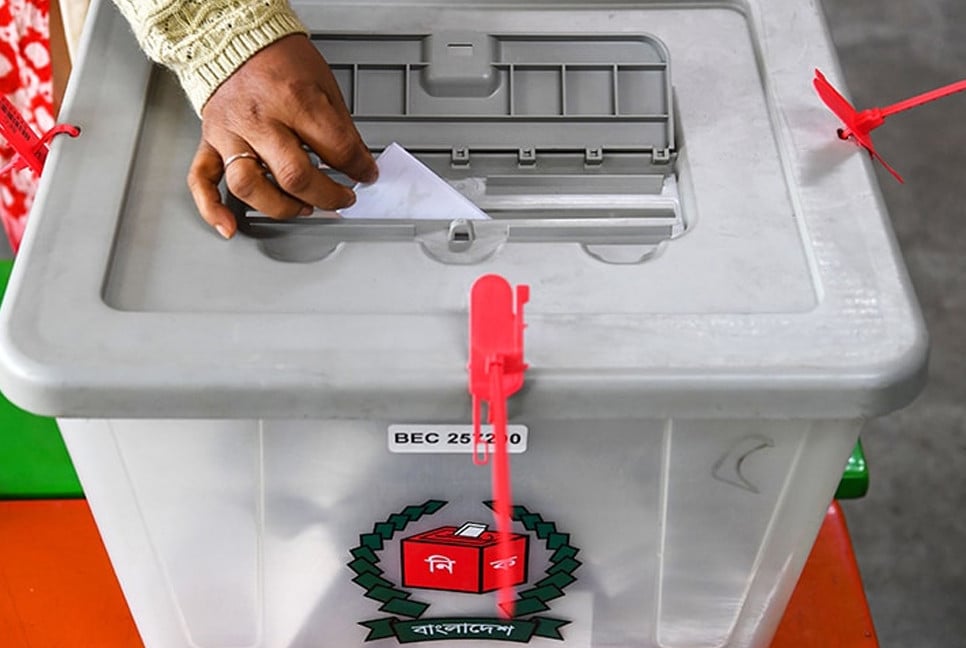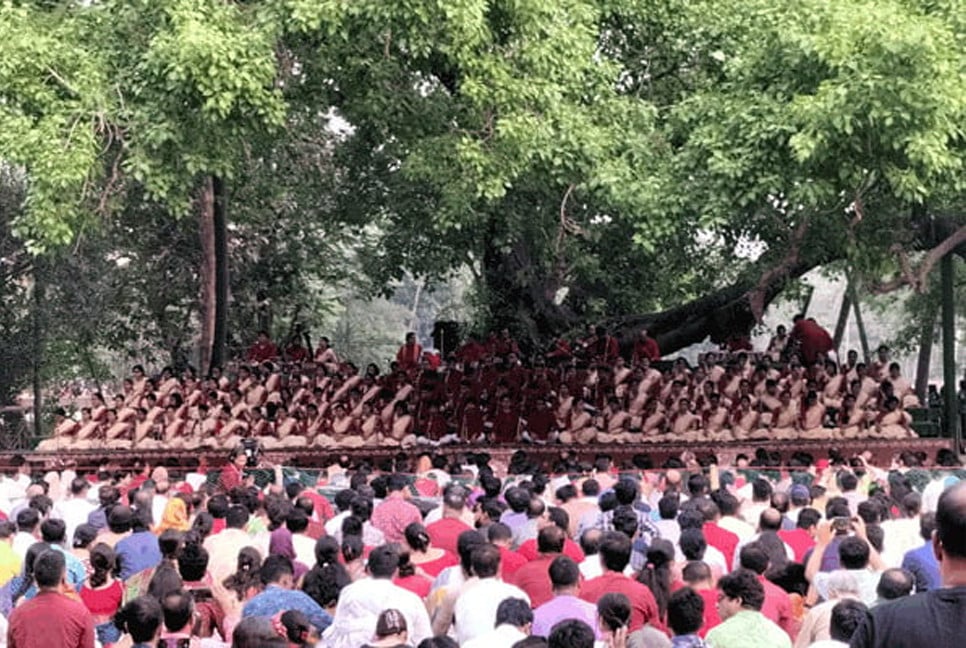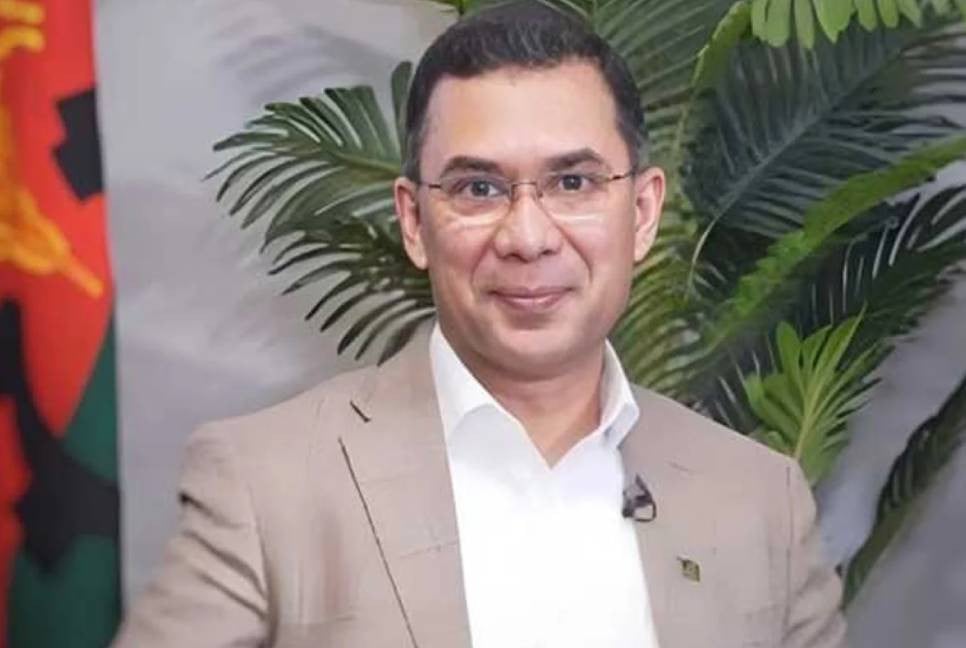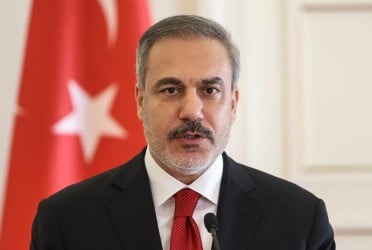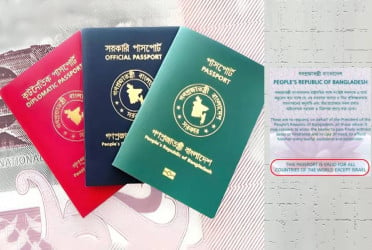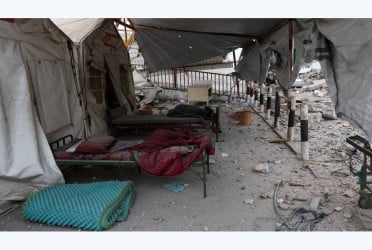Religious Affairs Adviser AFM Khalid Hossain has said that prospective Hajj pilgrims could expect a more affordable and comfortable package, with the highest quality of service provided, reports UNB.
Talking to UNB, Khalid Hossain, also a distinguished Islamic scholar, said the 2025 Hajj package, set to be unveiled on October 30, would offer special discounts to make the pilgrimage more accessible.
Khalid Hossain discussed the government’s plans to make the pilgrimage more cost-effective, highlighting recent discussions aimed at reducing travel and accommodation expenses.
"On October 22, we held a productive meeting with representatives from Biman, Civil Aviation Authority of Bangladesh (CAAB), and the National Board of Revenue (NBR). Biman has agreed in principle to lower costs, and CAAB and NBR have pledged to waive certain fees," he said, noting that these waivers could reduce costs by approximately Tk 10,000 per pilgrim.
The government’s focus is on bringing down airfares and hotel rental costs, with Hossain personally inspecting accommodation options in Makkah and Medina.
By prioritising airfares and hotel expenses, the government aims to reduce overall Hajj costs significantly, he explained.
Breakdown of Expenses
Hossain provided an overview of the primary cost components for Hajj, detailing expenses such as airfare, hotel rentals in Makkah Medina, tent rentals, and meals in Mina and Arafat.
"There are also costs for buses, guides, visa processing, health insurance, and sacrificial animals," he said.
He, however, emphasised that airfares and hotel costs in Makkah and Medina were the primary areas where expenses could be reduced.
Packages for 2025
This year, the government plans to offer two distinct packages for pilgrims, with accommodations within one and a half to two and a half kilometres from the Haram Sharif.
While the Riyal has appreciated by Tk 2, adjustments have been made to maintain affordability.
Exploring Sea Travel to Reduce Costs
With airfares being a significant portion of Hajj costs, Hossain shared that the government is exploring a sea route to Saudi Arabia, which could save pilgrims up to 40 percent on travel expenses.
However, he noted logistical challenges, including the need for large sea-bound vessels, which the nation currently lacks.
The Ministry has approached Bangladesh's largest ship company for potential collaboration, contingent on securing a Tk 1 crore fund to lease the necessary vessels.
While awaiting formal approval from Saudi authorities, Hossain remains hopeful about the initiative. "There is considerable interest in travelling by sea for Hajj, and we hope to open this avenue, potentially by next year," he said.
He, however, acknowledged, that a sea journey would take significantly longer, about 16 days round-trip, and would require coordinated efforts for immigration, security and healthcare on board.
Tackling Irregularities
Addressing concerns about transparency and possible irregularities, Hossain stressed the government’s zero-tolerance policy. "Hajj pilgrims are guests of Allah, and any form of deception or malpractice will be met with strict legal action," he asserted.
Govt-Arranged Hajj Pilgrimages Under Review
Khalid Hossain also hinted at changes to the government-funded Hajj programme, saying that it may be scaled back next year and potentially phased out.
"While complete discontinuation may not be feasible, efforts will be made to bring it to a more manageable level," he added.
With these planned reforms, the government aims to make the Hajj journey more affordable, streamlined and secure for Bangladeshi pilgrims, ensuring a spiritually fulfilling experience for all.
bd-pratidin/Rafid




